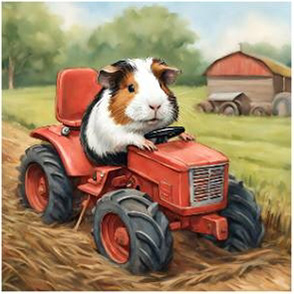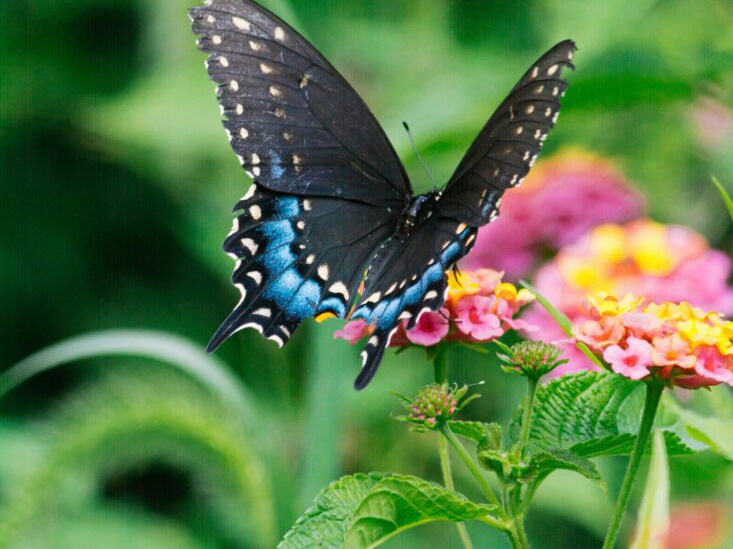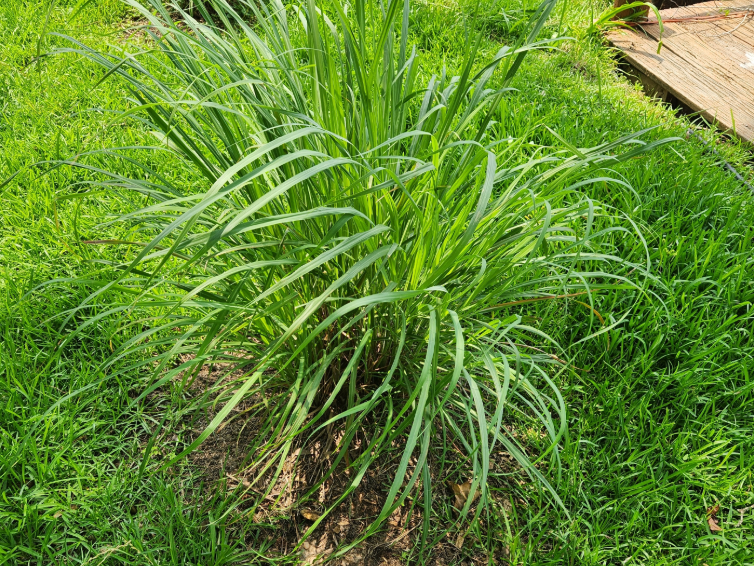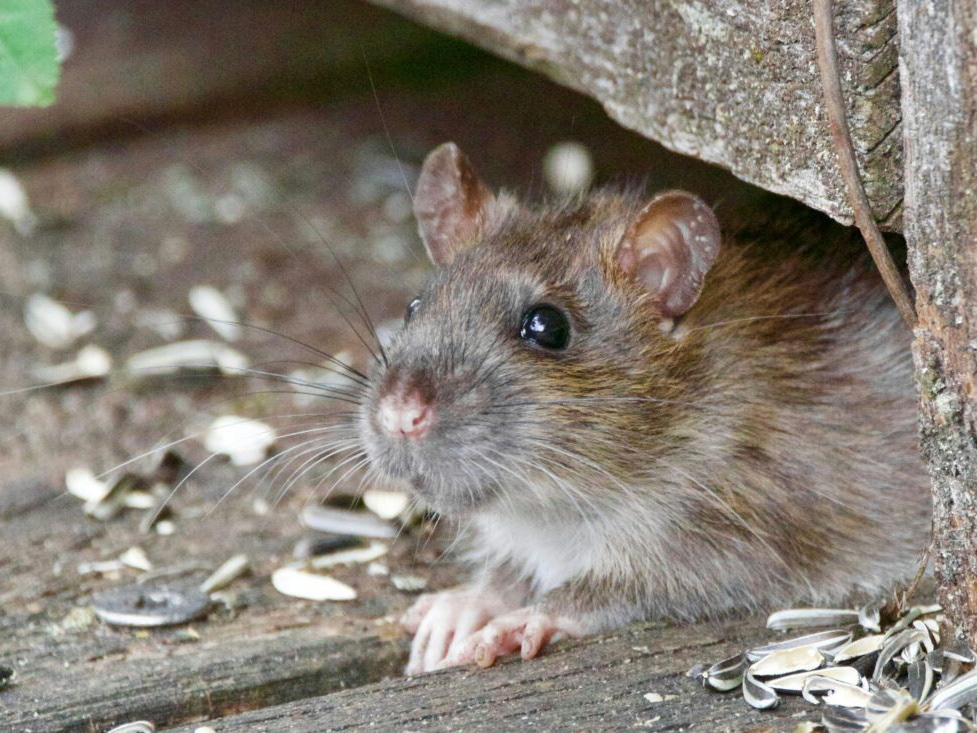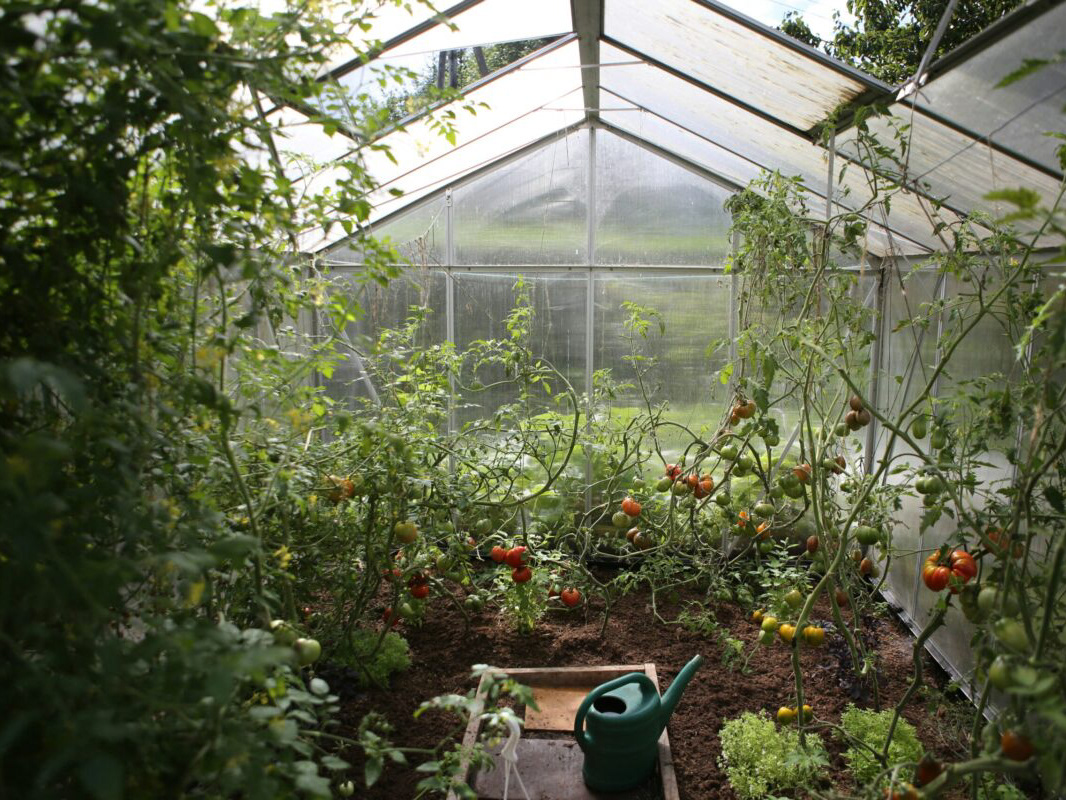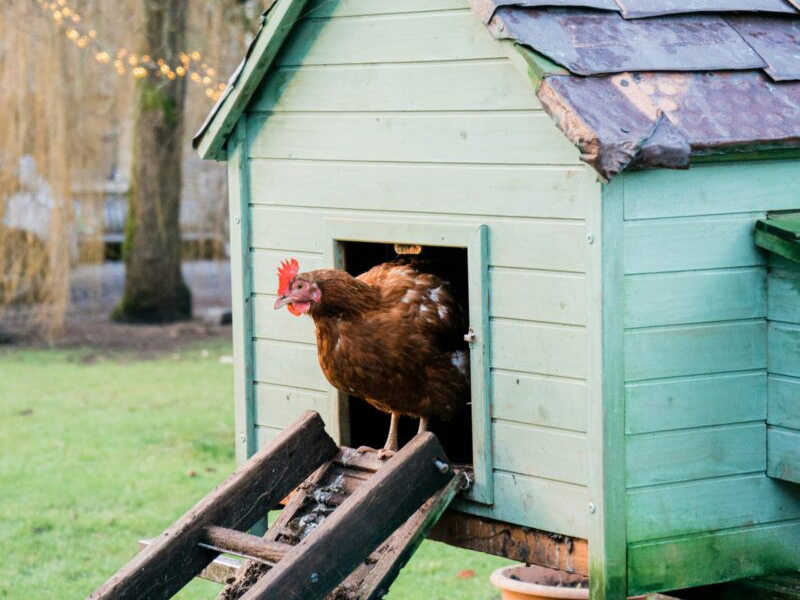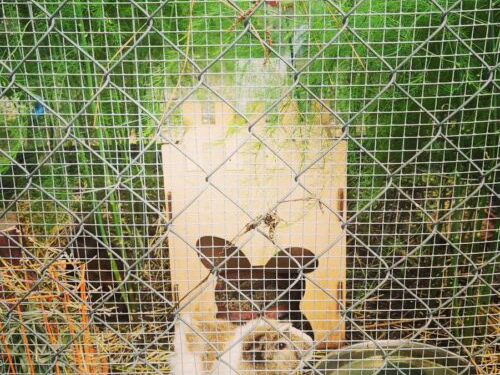Learn how to keep your guinea pigs & poultry safe from predators. In life, you win and you lose some. The important thing is to learn along the way. It is the same with keeping guinea pigs outdoors. Not only is there the element to contend with, but predators also. In this blog post, we will cover guinea pig predators, what to look for, and what to do about them.
Changing Seasons and Unexpected Predators: A Challenging Transition
As fall settles in, here at the Guinea Pig Garden. It has cooled the Texas heat to an acceptable level. This cooler weather has brought motivation to get things done around the garden and yard. In a previous blog, I mentioned moving our chicken coop from under a tree that will fall soon. That got done, and after a long day of rearranging our infrastructure, I saw a snake. The other night, I heard cats fighting outside as well, and the following morning, one of my containers had spilled over in the night. What worries me the most is that four guinea pigs are gone. Of those guinea pigs, Two were babies, one was an adolescent, and the fourth was an adult.
Since Halloween is coming, I figured we could talk about spooky stuff. The snake I happened to come across was a King snake. This type of snake is considered good in our garden because they actually prey on other snakes. This snake was small enough that it did not seem like it would be a treat to the guinea pigs other than the baby guinea pigs.
Multiple Predators on the Prowl: Unraveling the Mystery
While rodents are part of a King snake diet, There are other suspects to consider. Like the cats, I heard fighting outside the other night. On many occasions, when I am outside here in the garden. I have been able to hear hawks screeching and owls hooting. What is after the guinea pigs, then? It could be any one of the numerous predators. Or a combination of all of them.
Identifying the Culprits: A List of Potential Guinea Pig Predators
You can find clues to most of the predators your small animals encounter. To find out what predators we are dealing with here. We will need a list of potential guinea pigs and poultry predators. You may have already guessed it, but we are turning to ChatGPT for our list of predators. Guinea pigs and poultry are cute and seem innocent because they are small and vulnerable animals. They have several natural predators. These predators are the same predators that will attack your poultry.
Birds of Prey
Predators like hawks, owls, and eagles are known to prey on small animals, including guinea pigs and poultry. This predator will swoop in and snatch up small animals without leaving behind a sign they were there. Your only defense against birds of prey is decoys and scarecrows. It is illegal to harm or hunt birds of prey.
Foxes
Foxes are skilled hunters and can pose a significant threat to guinea pigs and poultry, especially if they have access to your outdoor enclosure. Foxes tend to be pretty clever and sneaky. When a fox attacks a chicken or duck, feathers will be everywhere. A good fence will save the day when it comes to foxes. Foxes are known to dig, but there is a solution to this problem. Laying Hardware cloth under fences can prevent diggers from getting in. You can even use bricks or drive metal rods in the ground at low spots.
Cats
Domestic and wild cats like bobcats are known to hunt and may view guinea pigs and poultry as prey. Cats are another predator that may or may not leave behind clues. Your guinea pigs and small chickens might seem like a fun snack for these predators. Dogs are a way to keep strange cats away. However, they require extra work with them to keep your small animals safe.
Dogs
Dogs can have a strong prey drive, and smaller dog breeds may be particularly interested in guinea pigs. Larger breeds of dogs may get excited and run around, all carefree, and end up stepping on a small chicken or a guinea pig. Even the most lovable dog can harm a chicken or guinea pig just wanting to help it. The tattle tales sign for a dog attack might be big holes dug around your shelters. Fences are your best bet to deter dogs. There are some traps big enough for dogs as well.
Snakes
Certain snake species might pose a threat to guinea pigs when kept outdoors. Snakes can harm more than guinea pigs. Always be on the lookout for these predators whenever you’re in your garden or yard. You may see signs of a snake if they are shedding. But other than that, you generally have to see them when you are out and about. Sometimes, a snake may get in your enclosure and find they can not get out after having their meal. Glass eggs can help you deal with snakes. Bird net fencing is also an option. I have included a video about some fencing that can help with snakes.
Raccoons
Raccoons are opportunistic omnivores that can climb. In my experience, raccoons typically pose more of a threat to chickens as opposed to guinea pigs. You can tell if you are dealing with a raccoon because they only eat the head of your poultry. A medium-sized trap and some leftovers are all you will need to deal with raccoons.
Weasels and Ferrets
These small, carnivorous mammals are skilled hunters and can easily catch and harm guinea pigs. Where I am in Texas, weasels and ferrets are not common predators, so my advice is limited. I would try trapping as a solution.
Coyotes
In areas where coyotes are present, good luck, coyotes have a keen sense. While hunting this predator is permissible by law, they are very elusive. A good fence or a big trap would be the way to go when dealing with coyotes. Coyotes, like dogs and foxes, may leave behind a bunch of feathers.
Opossums
Opossums are opportunistic feeders and may harm guinea pigs and poultry if they are able to access them. In my experience, Opossums will go for the eggs before they try for a chicken or guinea pig. A medium-size trap and some eggs will aid in getting rid of your Opossum.
Wild rodents, like mice and rats, can harm guinea pigs by competing for food or spreading disease. When it comes to mice, guinea pigs will keep them at bay. Rats, on the other hand, may be able to get the best of a guinea pig. In my area, we typically deal with mice more than rats. You can tell you have other rodents than guinea pigs if you start seeing little guinea pig poop in places guinea pigs can not get to. Mice and rats are generally looking for chicken feed and guinea pig feed or eggs but may find baby chicks an easy meal.
Conclusion: Safeguarding Your Furry Friends
As we’ve delved into the world of guinea pig predators, it’s clear that keeping these adorable creatures safe outdoors requires vigilance and preparation. Whether you’re facing the stealthy hunters of the night or the opportunistic invaders of your garden, there are measures you can take to protect your chickens, ducks and guinea pigs.
As always you can follow along on Facebook!
Remember, nature can be both beautiful and challenging, and it’s our responsibility to strike a balance between enjoying the outdoors and safeguarding our furry friends. By staying informed and taking proactive steps, you can ensure that your guinea pigs and poultry continue to enjoy their outdoor adventures, unburdened by the lurking shadows of potential predators. Can you think of any Predators we may have missed? Remember to follow us on our social media accounts for updates.
In gardens where guinea pigs roam, A tale of predators, we’ll now compose. Through changing seasons and moonlit nights, We guard our pets from unexpected frights.
As autumn’s cool breeze begins to sway, In the Guinea Pig Garden, we find our way. The coop was moved, and changes were made, But four dear piggies have started to fade.
With Halloween’s approach, we tell a spooky tale, Of King snakes and mysteries that assail. Amongst the shadows, cats fight and owls take flight, What lurks in the darkness, a chilling sight.
A list of culprits, we diligently compile, With ChatGPT’s wisdom, our knowledge compiles. Birds of prey, foxes, cats, and more, Each predator’s threat, we now explore.
From snakes that slither to raccoons that sneak, In this world of guinea pigs, safety we seek. Through fences and traps, and vigilant eyes, We protect our pets under the open skies.
So safeguard your furry friends, hold them dear, In this tale of caution, let their hearts draw near. Nature’s beauty and challenges, hand in hand, Together we protect, in this garden land.
